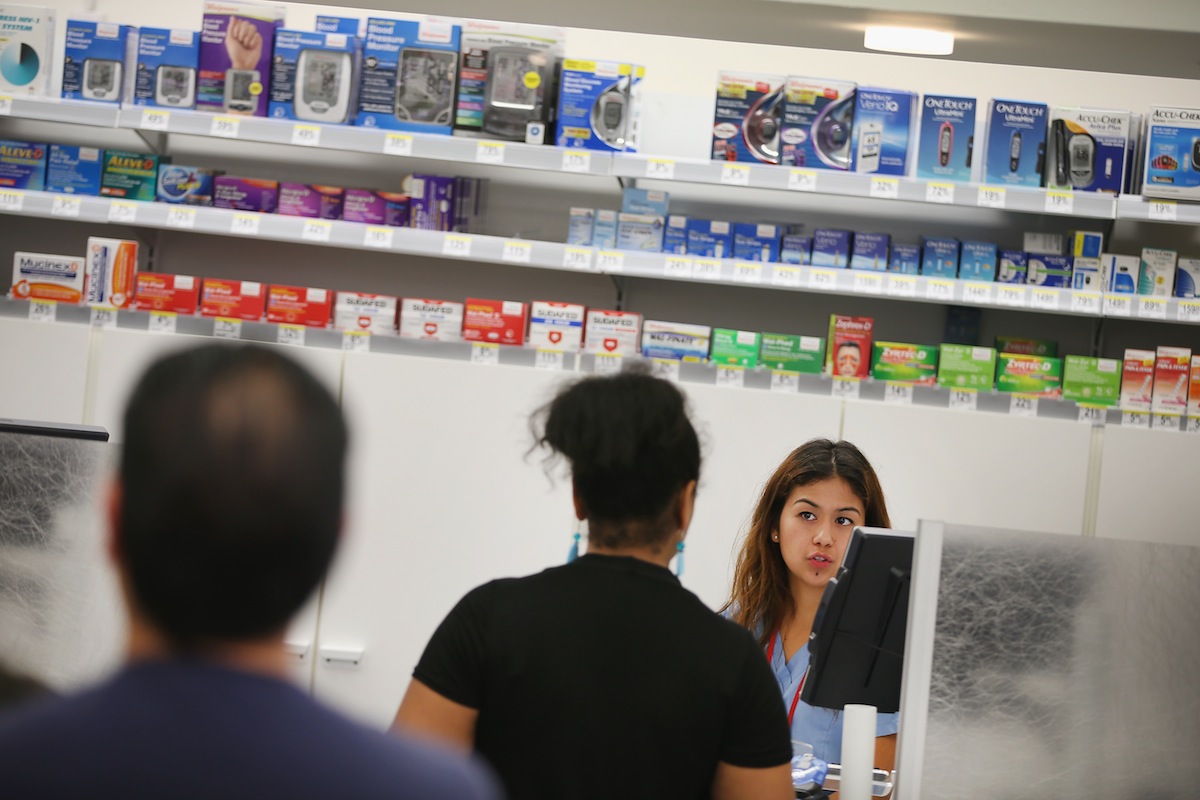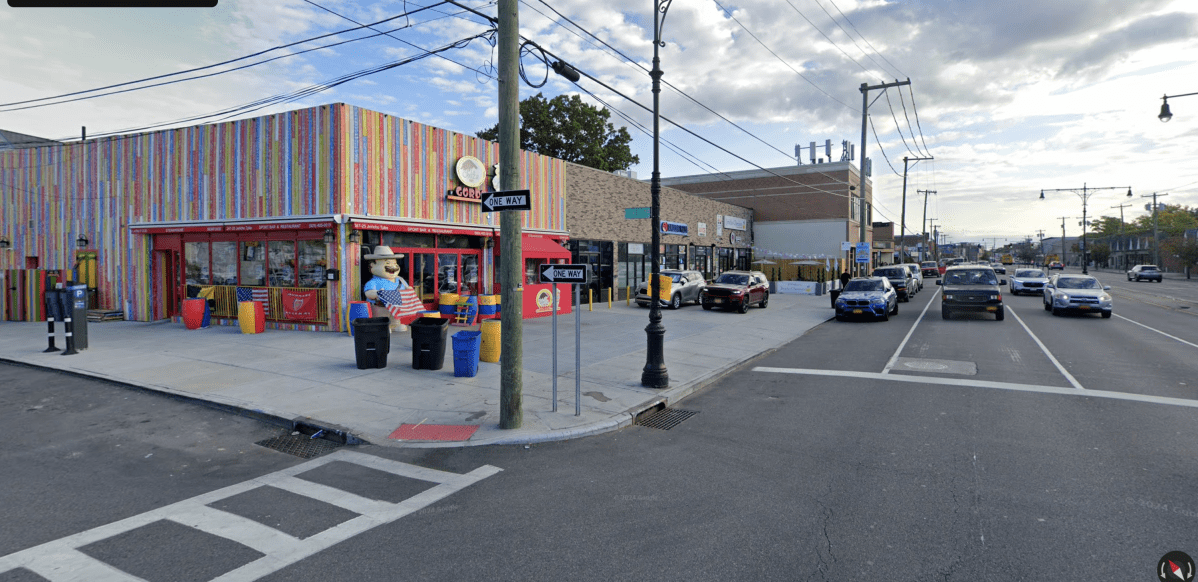New federal laws have lifted the “gag order” that prevented pharmacists from telling you if the cash price of a drug is less than what your insurance requires you to pay.
Two bills to that effect — the Know the Lowest Price Act and the Patient Right to Know Drug Prices Act — were passed almost unanimously by Congress last month and signed into law by President Trump today.
During the signing in the Roosevelt Room of the White House, Trump said drug prices were “out of whack” and “way too high,” partly because of the gag order.
“You look at prices in our country and for the exact same drug in other countries, it’s much lower-made in the same plant by the same company, and I said, ‘What’s going on?'” Trump said.
The legislation will allow — but not require — pharmacists to tell customers if they can pay a lower price for their prescriptions. It is up to the customer to ask.
“American patients should know: You can always ask your pharmacist whether you’re getting the best deal on the prescription drugs you need. This is just one step in the President’s plans to deliver better healthcare to Americans at lower prices, efforts that have already involved more action to bring down drug prices than any previous President has taken,” said Health and Human Services Secretary Alex Azar in a statement.
The gag orders were clauses in contracts between pharmacies and drug companies or pharmacy benefit managers which set the prices of drugs. Pharmacists who violated the clauses could be reported to the drug companies, potentially causing their pharmacies to lose access to the drugs.
But critics say that lifting the gag orders doesn’t address the root cause of high drug prices. “As a country, we’re spending about $450 billion on prescription drugs annually,” said Steven Knievel of the consumer advocacy group Public Citizen. The sporadic savings provided by paying cash for drugs “is far short of what needs to happen to actually deliver the relief people need,” he said.





















